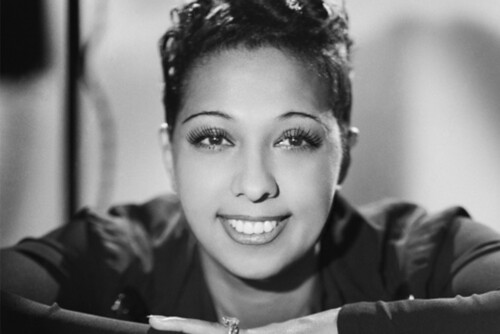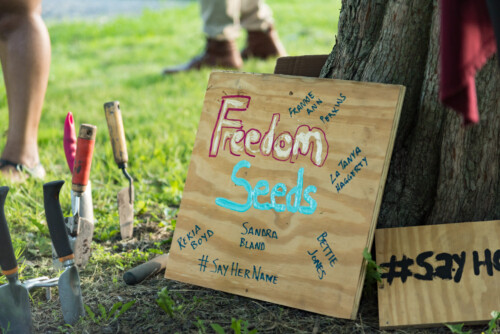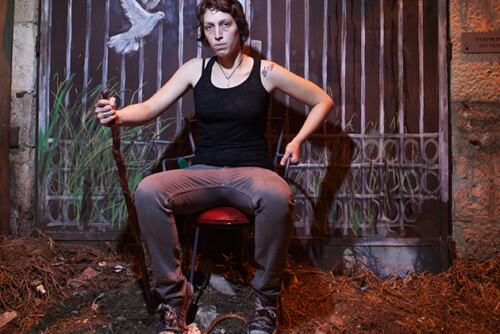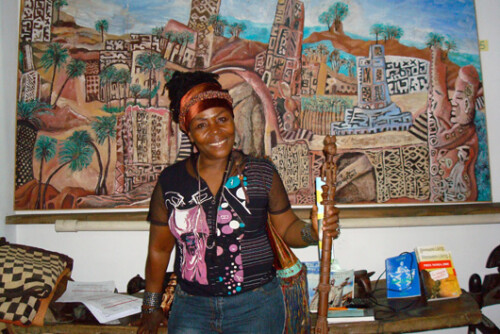Moreover, the symbolic nature of Baker’s rainbow tribe mobilized Frenchness as a means for counteracting race relations in the United States. As Mary Dudziak has shown, Baker’s civil rights activities of the 1950s, however unradical they might have seemed, were targeted by the F.B.I. and the State Department, who severely curtailed Baker’s ability to travel through the U.S., Cuba, and South America. 1 Les Milandes—and Baker’s adoptive affinities—became a means for staging Baker’s civil rights activities from abroad. A New York Times article, published in 1963, several months after Baker marched in the August 28 Civil Rights March on Washington, suggests how much Baker was thinking of Les Milandes in terms of U.S. racial politics. As the article reads:
Well aware that her own family United Nations is made possible by an artificially created environment, she is doubtful whether a similar project could be successful here at this time. “Actually I haven’t been here long enough to say […] Things are changing here so fast, but I don’t know if we are ready yet.” 2
Baker’s response that “I don’t know if we are ready yet” suggests the degree to which the “we” of the rainbow tribe was always directed as a response to the “we” of the United States. Baker’s adoptive family served as a symbolic means for confronting the United States with an image of the humanistic possibility that it could then only imagine in the abstract. Baker’s adoptive project may have been dedicated to the global eradication of racial intolerance—as Margo Jefferson put it, she wished to transform race from a caste into a palette; all the same, Baker’s attention remained focused on the politics of race in the U.S. Baker’s appeal to universal brotherhood fell short of confronting other racisms and colonialisms as stridently as those she confronted in the U.S., and the pluralistic ideology that fueled the rainbow tribe was developed at the expense of Baker’s participation in other contemporary movements in black internationalism. Yet Baker’s adoptive practices were no less strategic in their conception as a symbolic act; far from striving to eradicate race altogether, the pluralistic humanism of Baker’s global village was, however depoliticized, forged in the name of the civil rights movement in the United States.



